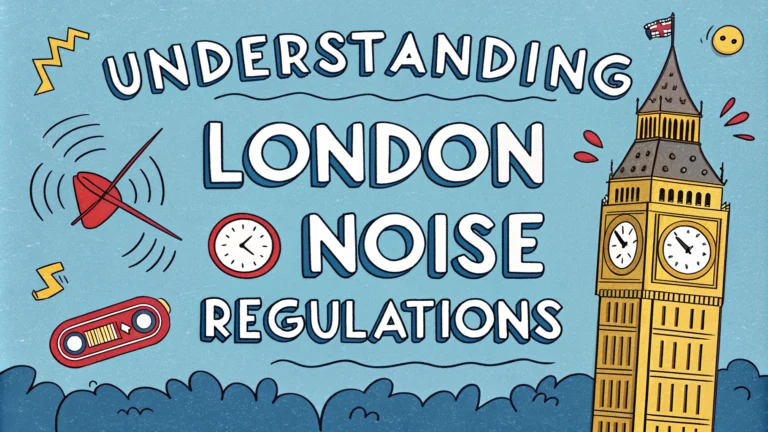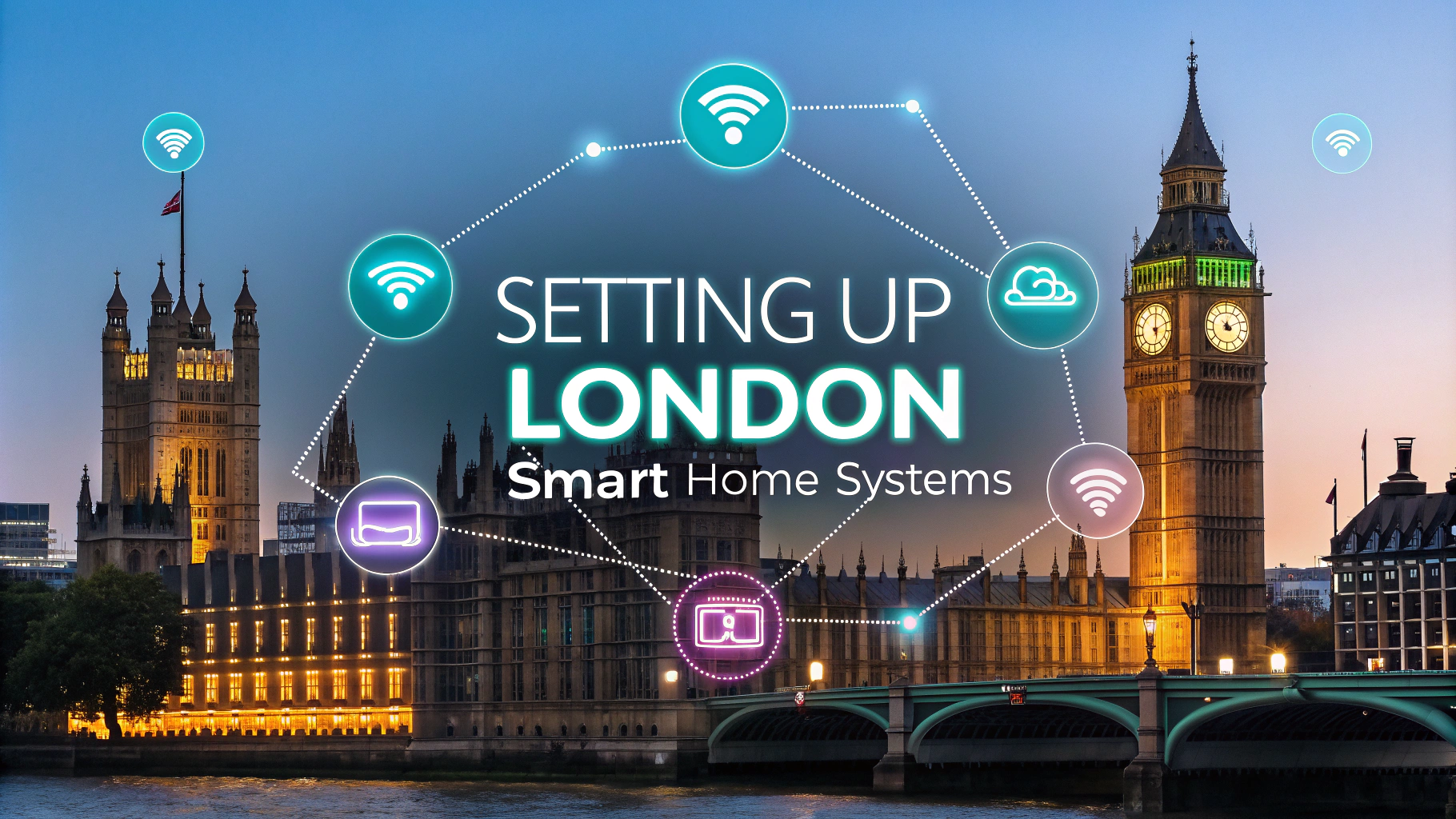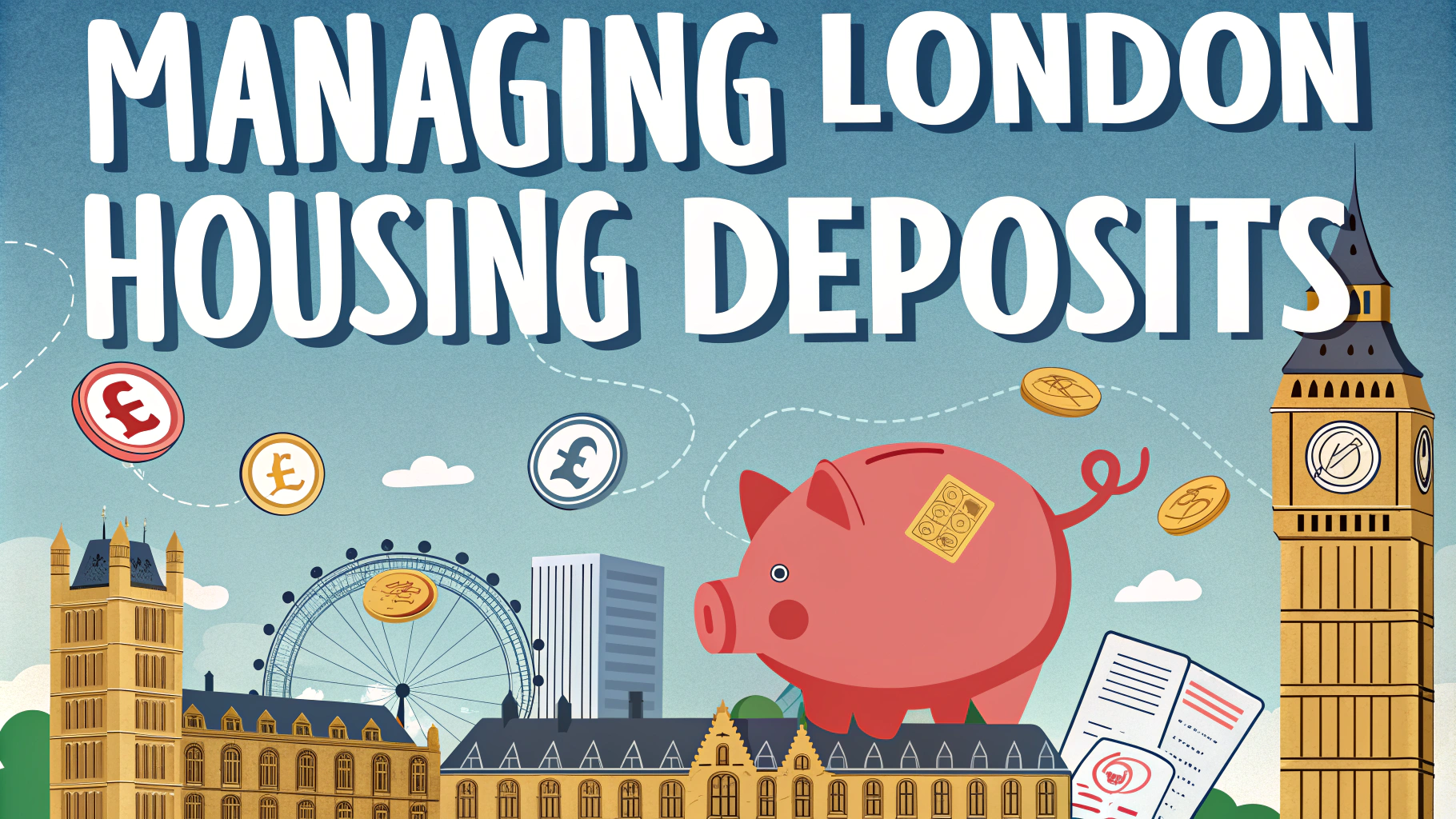London’s noise regulations aim to maintain quality of life for residents while balancing the needs of businesses and construction in this vibrant city.
Whether you’re moving to London or managing a property, understanding these noise rules helps avoid conflicts and potential fines.
This guide explains London’s key noise regulations, enforcement methods, and practical steps for both residents and businesses.
Key Noise Regulations in London
- Permitted construction hours: Monday-Friday 8am-6pm, Saturday 8am-1pm
- No construction work on Sundays and Bank Holidays
- Maximum noise levels for residential areas: 34 dBA (night) and 54 dBA (day)
- Garden equipment use restricted to same hours as construction
- Music from venues must not be “audible” in nearby homes after 11pm
Noise Complaint Process
Report noise issues to your local council’s Environmental Health department first.
Keep a detailed noise diary with dates, times, and types of disturbance.
Use the Noise App (available on iOS/Android) to record and report disturbances directly.
Moving Day Noise Guidelines
- Inform neighbors about your moving date
- Schedule moves between 8am-6pm on weekdays when possible
- Use rubber-wheeled trolleys to reduce noise
- Keep vehicle engines off when loading/unloading
Tips for Soundproofing Your London Home
- Install double or triple glazing windows
- Use heavy curtains or acoustic blinds
- Add weatherstripping to doors and windows
- Install carpet or use area rugs with padding
- Consider acoustic panels for walls facing busy streets
Council Contact Information
| Borough | Noise Team Contact |
|---|---|
| Westminster | 020 7641 2000 |
| Camden | 020 7974 4444 |
| Hackney | 020 8356 4455 |
Penalties for Noise Violations
- First offense warning notice
- Fixed penalty notices: £100-£500
- Court fines up to £5,000 for persistent offenders
- Possible equipment confiscation
- Noise abatement orders for serious cases
Moving Forward: Creating a Quieter London
Understanding and following noise regulations helps maintain peaceful neighborhoods while supporting London’s growth and development.
Keep this guide handy for reference, and always check your local council’s website for specific borough regulations.
For urgent noise complaints outside office hours, contact your council’s 24-hour noise team or call the non-emergency police number 101.
Noise Monitoring Equipment
- Sound level meters (calibrated to UK standards)
- Noise monitoring apps approved by local councils
- Recording devices for evidence collection
- Vibration monitors for construction sites
Special Event Noise Management
- Temporary Event Notices required for outdoor events
- Sound impact assessments for large gatherings
- Noise management plans for festivals
- Designated quiet periods during multi-day events
Commercial Property Requirements
Restaurants and Bars
- Sound limiters on amplification systems
- Regular acoustic assessments
- Staff training on noise management
- Designated smoking areas away from residences
Construction Sites
- Section 61 prior consent applications
- Noise barriers and acoustic screening
- Regular equipment maintenance
- Community liaison officers
Building a Noise-Conscious Community
Effective noise management requires cooperation between residents, businesses, and local authorities. Regular community meetings and open dialogue help address concerns before they escalate into disputes.
Stay informed about local noise initiatives and participate in public consultations about noise policies. Together, we can maintain London’s vibrancy while preserving peaceful neighborhoods.
Remember that considerate behavior and proactive communication are key to harmonious urban living. If in doubt, contact your local Environmental Health team for guidance.
FAQs
- What are the main noise regulations in London residential areas?
Noise should not exceed 34 decibels (dB) during nighttime (11 PM to 7 AM) and 54 dB during daytime in residential areas according to WHO guidelines adopted by London councils. - How do I report a noise complaint in London?
Contact your local council’s noise team or use their online reporting system. For immediate issues, call the 24-hour noise service. Each borough has its own reporting system, accessible through the council website. - What are the permitted construction hours in London?
Standard permitted construction hours are Monday to Friday 8 AM to 6 PM, Saturdays 8 AM to 1 PM, and no work on Sundays or bank holidays, though specific boroughs may have variations. - What penalties can be imposed for noise violations in London?
Fines can range from £100 fixed penalty notices to unlimited fines for serious cases. Councils can also issue noise abatement notices and seize noise-making equipment. - Are there special rules for playing music in London homes?
Yes, amplified music should not be audible beyond property boundaries between 11 PM and 7 AM, and councils can restrict daytime music if it causes a nuisance. - What are the regulations for hosting parties in London residences?
Inform neighbors in advance, keep noise levels reasonable, and ensure music/noise reduces significantly after 11 PM. Multiple complaints can result in noise abatement notices. - How do London’s noise regulations apply to pets?
Persistent dog barking or other pet noise that causes disturbance can result in noise abatement notices. Owners are responsible for controlling their pets’ noise levels. - What are the rules about noise from air conditioning and heating systems?
External units must comply with specific noise emission limits, typically not exceeding 42 dB at neighboring properties. Planning permission may be required for installation. - How do noise regulations affect London’s entertainment venues?
Venues must have appropriate licenses, install noise limiters, conduct regular assessments, and ensure noise doesn’t exceed specified levels at nearest residential properties. - What are the regulations for street performers in London?
Buskers need licenses in most boroughs, must not exceed specified noise levels, and cannot perform in the same location for more than 45 minutes. Some areas have complete bans.







